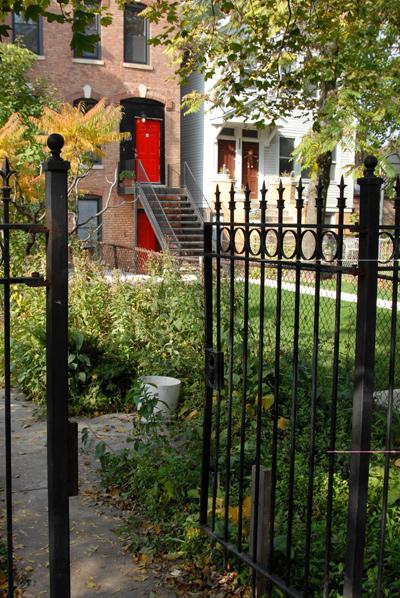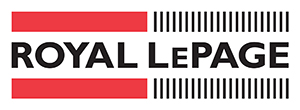
Finding the perfect neighborhood
Choosing the right neighborhood is an important part of finding a home. If you love the house but hate the neighbors, or have the perfect kitchen but have an agonizing two-hour commute, you’re never going to feel completely comfortable living there.
Your best bet is to figure out if your neighborhood is a good fit with your family before you start looking for a home there (or certainly before you put in an offer). Spend some time there; take a walk through the streets, visit local shops and restaurants, and pick up a community paper to get a sense of the area’s personality.
Here are few questions that can help you figure out if a neighborhood is right for you:
What does the area look like? Do homes look cared for? Even in moderately-priced areas, pride of ownership helps keep property values up. Keep an eye out for signs of neglect like overgrown laws, houses in need of paint and vacant lots (which can be zoned for commercial use, or end up getting used as dumps). On the other hand, if an area has a lot of neglected-looking homes but you notice that a number look like they’ve been recently renovated, that may be a sign that the neighborhood is becoming gentrified; buying a home there and fixing it up can be a good long-term investment.
What types of people live there? Families? Retirees? First-time homeowners? Professionals with no kids? An area populated mainly by young families, for example, will feel very different from one with lots of college and university students.
How convenient is it? Figure out how far you’ll have to travel to do everyday stuff like grocery shopping. Where’s the closest gym? Dry cleaner? Post office? What about parks and recreational facilities? Being close to amenities isn’t important to everyone, but it’s a real day-to-day time saver, and can make the difference in the feel of a neighborhood; a place where people walk to the store and the library has a very different flavor than an area where people have to drive everywhere they need to go.
Is it a safe place to live? Vandalism and deterrents like “Beware of dog” signs or bars on windows can mean there’s a high crime rate in the area. Keep an eye out for graffiti, too – it could be a sign of gang activity. Check with local police for info about crimes in the area; they’ll also be able to tell you about how active area residents are in terms of crime prevention and community policing.
Are there schools nearby? If you have kids, proximity and quality of schools is a major consideration. Talk with people who live in the area, and call local schools or check online to get test scores and ratings. Figure out exactly where schools are located to see if your kids can walk or if they’ll have to be driven or bussed.
How long will it take to get to work? Do a dry run of your commute in rush hour. Figure out how often buses run past your house or how far you are from a major highway. If you need access to the airport, is it easy to get there by car, bus or taxi?
What are the property values like? Your home is an investment, so it pays to buy in an area where properties will increase in value. Ask your REALTOR® for info on property values in the area for the last 10 years so you can get a sense of how much they have gone up over time.
What’s in store for the area? Development can change the personality of a neighborhood, and increase taxes and traffic. Look for new construction in the area and check with city hall or the local chamber of commerce for planned housing developments, new facilities, new retailers, etc.
Is it quiet or noisy? Visit the area at different times of day to get a sense of the noise level. A quiet street may be party central once the sun goes down, and an area near a highway may be fine at most times, but noisy at rush hour. Listen for barking dogs, traffic noise, overhead planes, and loud music.
Finding a neighborhood you like is just as important as living in a home you love. Good neighbors, great amenities, nice schools and cool shops can make or break how you feel about your house or condo. So talk to a REALTOR® who specializes in the area you’re interested in, do your research, and you should be able to find a community that fits your needs and your lifestyle.
Trademarks owned or controlled by The Canadian Real Estate Association. Used under licence.

